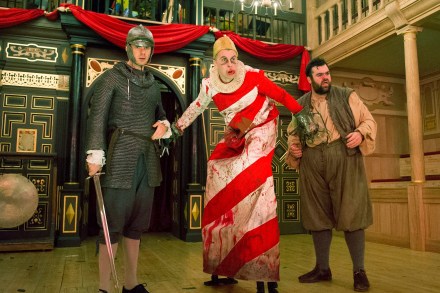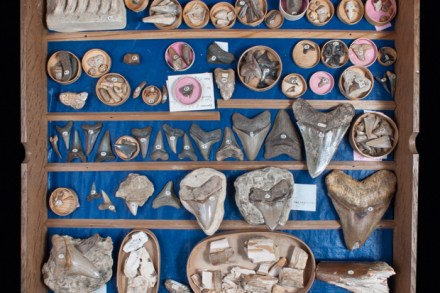Review: The Knight of the Burning Pestle, Sam Wanamaker Playhouse
If Monty Python were working in 1607, they might have come up with something like Francis Beaumont’s raucous The Knight of the Burning Pestle. A parody of popular chivalric romances of the day, the play follows the adventures of Rafe, an oafish grocer’s apprentice who decides to dub himself “The Knight of the Burning Pestle”, or in modern English, “The Knight of the Diseased Penis”. Yes, this play is a three-hour syphilis joke. So it’s a curious choice for the first season of the Sam Wanamaker Playhouse at Shakespeare’s Globe, an indoor alternative to the longer-standing open air Globe. But as our hero wanders from The Strand to Waltham Forest, via Aldgate


















